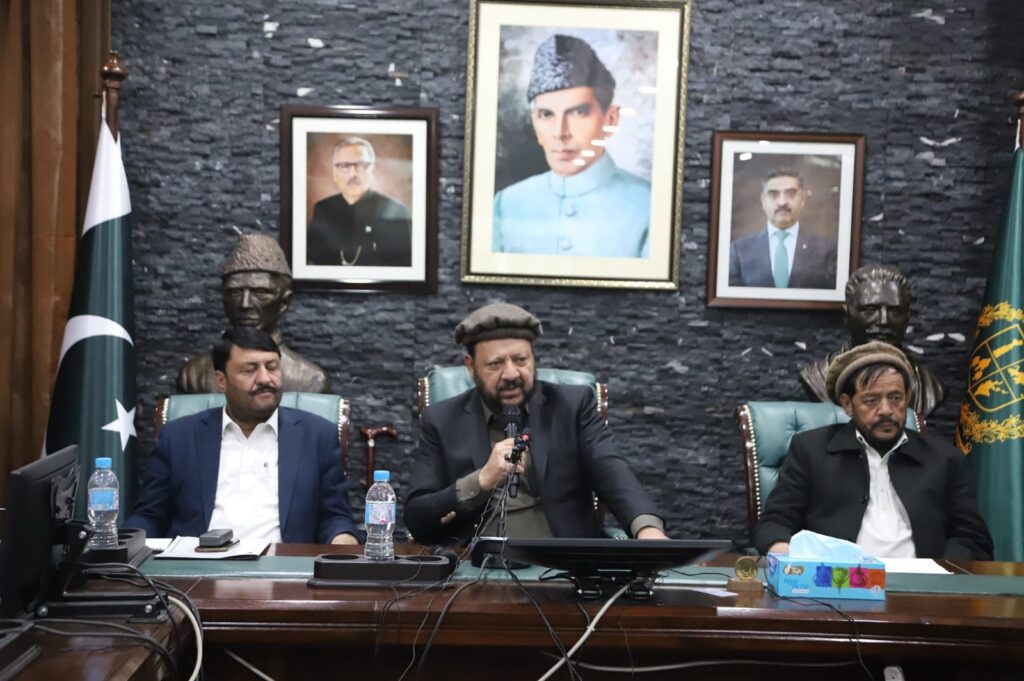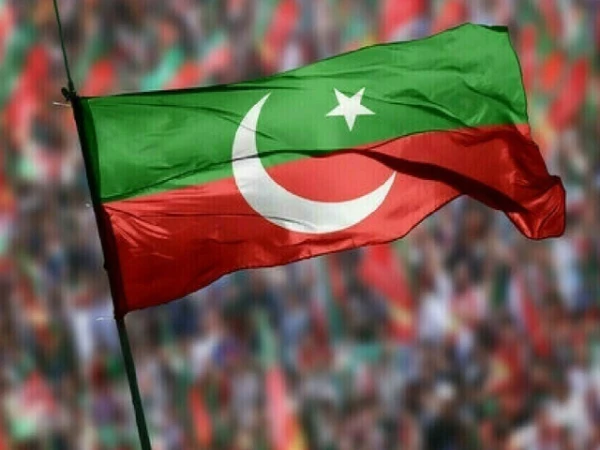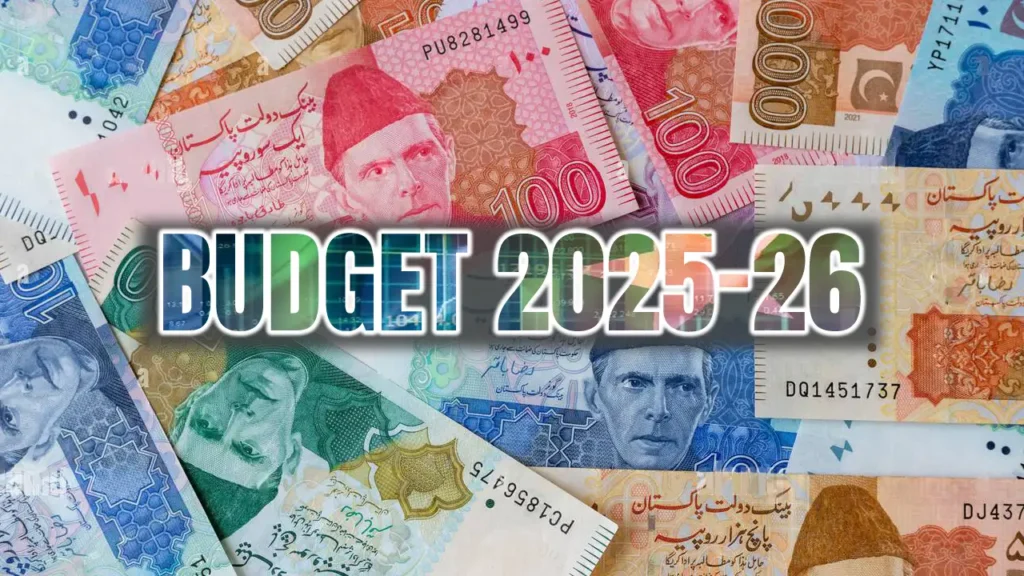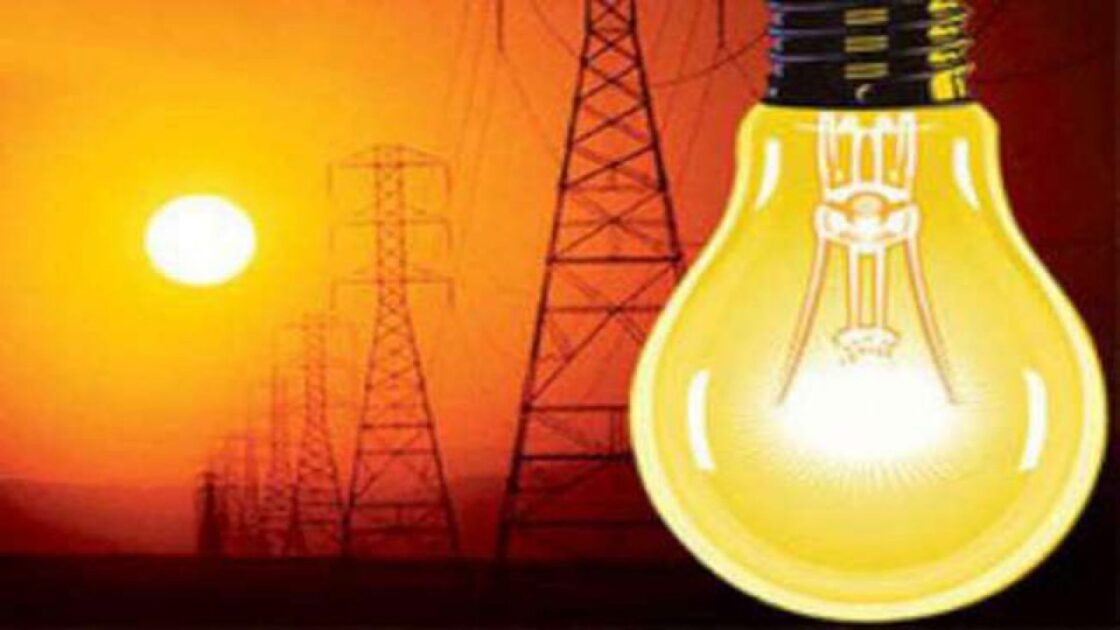- Web Desk
- 1 Hour ago

GB government revises wheat pricing strategy following protests
-
- Hum News Tanveer Abbas
- Dec 23, 2023

GILGIT: The Gilgit Baltistan Chief Minister Haji Gulbar Khan on Saturday announced a revision in the wheat price to Rs 36 per kilogram.
The decision comes in the wake of widespread protests across the region following the previous cabinet decision to raise the subsidized wheat price from Rs20 to Rs52 per kilogram. The earlier policy also aimed to limit the wheat subsidy to families earning less than Rs40,000 per month.
GB Chief Minister, addressing a press conference on Saturday, stated that the decision was made after consulting all regional stakeholders. He hinted at a potential further increase in wheat prices by next June. The Chief Minister added, “I can’t say that the prices would remain the same for a longer period as we will hold negotiations with stakeholders before next fiscal year’s budget.”
Gulbaar Khan said that efforts were also underway to introduce a biometric system for flour provision to curb black marketing. Responding to queries about the government’s failure in the targeted subsidy survey, the Chief Minister clarified that the survey aimed to identify the recipients of subsidised wheat and their locations, as many people have moved to cities and were receiving subsidies in both their original and new areas.
He assured that the government would take solid steps to ensure the provision of quality and healthy wheat to the public. He emphasized that they did not believe in politicizing the wheat issue and were committed to the fair and transparent distribution of subsidized wheat and flour to avoid a potential wheat crisis.
On Friday, the government temporarily halted its survey targeting wheat subsidies for the poor due to public resistance and a lack of cooperation from stakeholders. The suspension came after the government’s decision last month to target the subsidy towards the poor and exclude government officials above grade 17 and individuals earning more than Rs40,000 per month from receiving subsidised wheat.
Read more: PTCL announces increase in monthly tariff for broadband, landline services
The decision to target subsidies led to a survey across Gilgit-Baltistan to identify eligible families, triggering strong protests and opposition from various societal sections, including the joint opposition, Awami Action Committee, Anjuman Imamia, and civil society groups.
According to sources, the survey teams conducting survey faced strong rebuffs from the general public.
The survey teams faced verbal altercations with the general public in various areas across the region. These confrontations underscored the public’s discontent and played a crucial role in the government’s decision to suspend the survey.
The decision to halt the survey was made during a consultative meeting chaired by the GB Minister of Food and Tourism, Ghulam Mohammad, on Friday. According to a statement issued after the meeting, Ghulam Mohammad briefed the participants on the historical context of the wheat subsidy and the measures taken by various governments.
He said the a need for a coordinated strategy to address the potential wheat crisis, considering the national decrease in wheat production and rising prices, with minimal burden transfer to the public.
The statement said that the meeting agreed to introduce a biometric system for the fair and transparent distribution of subsidized wheat and flour. The government assured to take serious measures to increase the quota and ensure the supply of quality wheat and flour, adhering to health standards.
The statement claimed that the stakeholders, including the Awami Action Committee (AAC), agreed to cooperate with the government in implementing a reasonable price increase for wheat in proportion to the national inflation rate to minimize the impact on the public.
However, the AAC categorically denied its participation in the meeting on the wheat subsidy issue led by the Minister of Food. The AAC clarified that no representative from their committee attended the government-led meeting.
They said that any impression of their participation was misleading, as the AAC had not authorized any member to attend the meeting.
The committed said it remains committed to its decision made in a joint meeting with the central leadership of the Anjum-e-Tajiran in Skardu, resolving not to negotiate with the government on the wheat subsidy issue until the government retracts its decision on the unjustified price hike.






